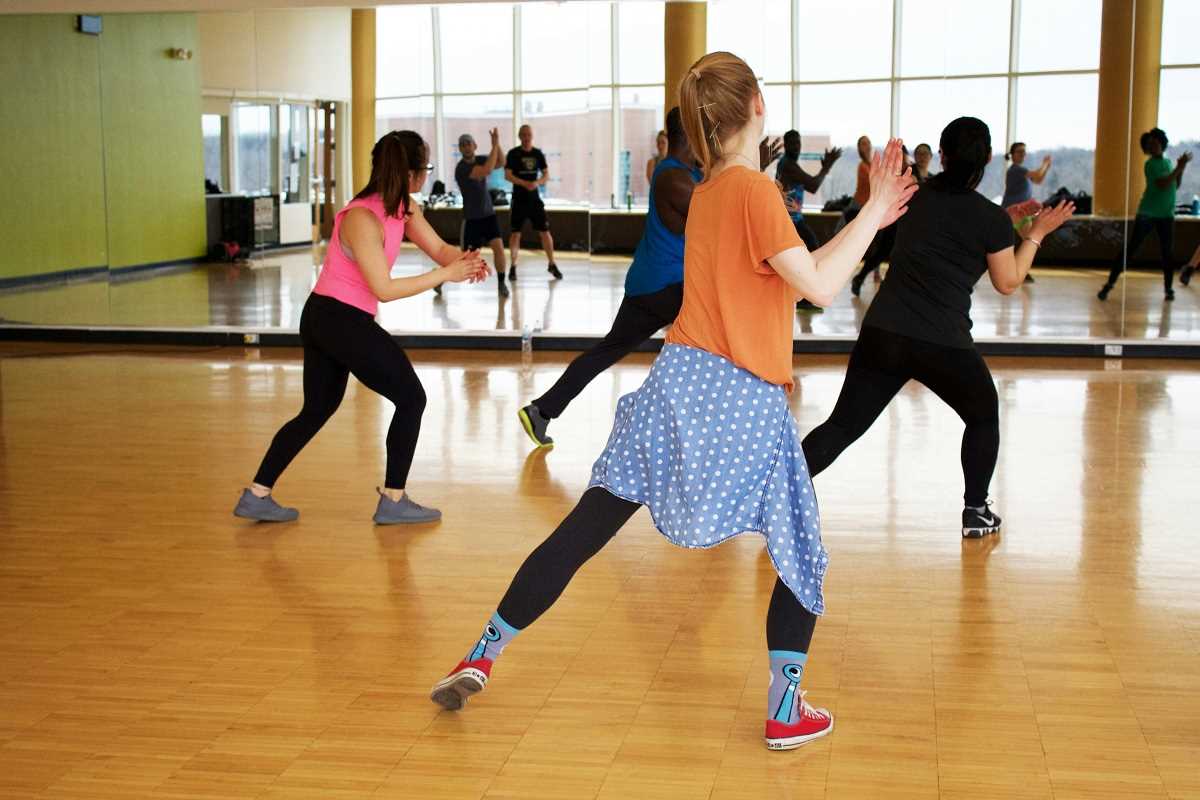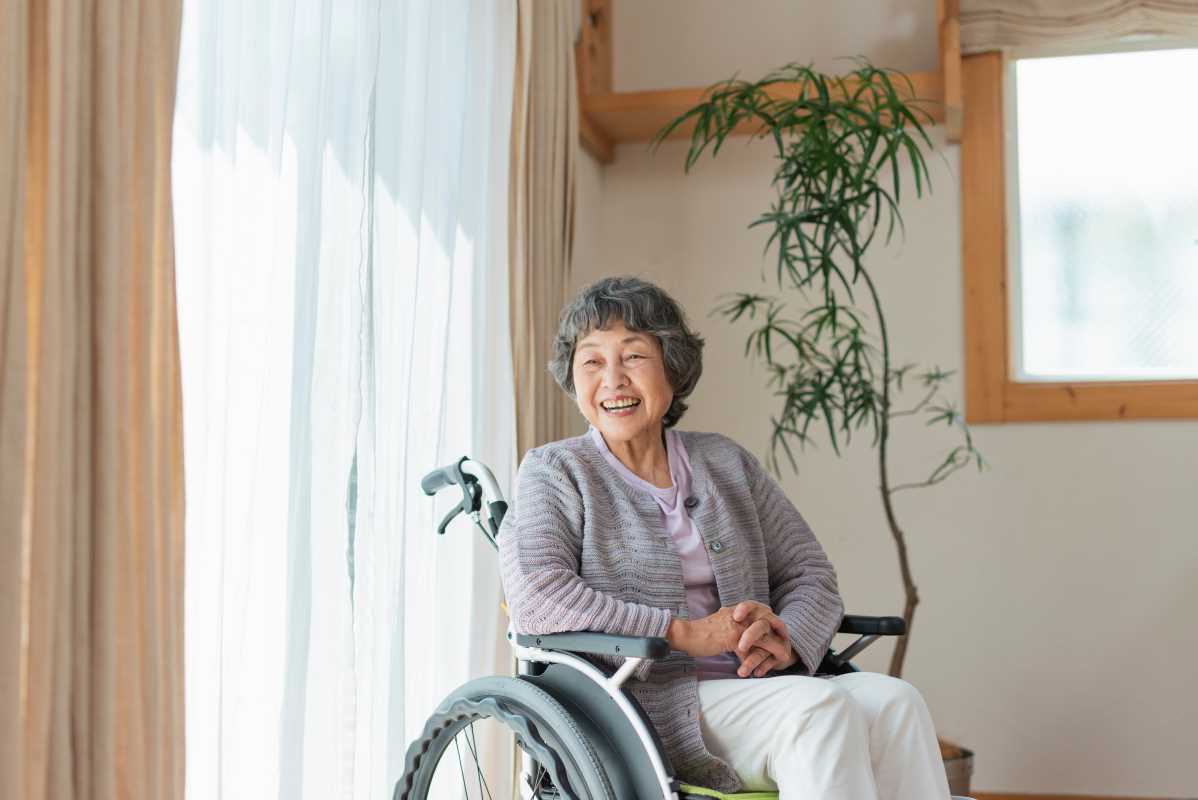Regular physical activity has been proven to impact mental health positively. When we exercise, our bodies release endorphins, which are known to reduce stress, anxiety, and even symptoms of depression. Engaging in activities like running, cycling, or yoga can help improve mood, boost self-esteem, and alleviate symptoms of various mental health conditions. Studies have shown that even small exercise can significantly benefit mental well-being. So, whether it's a brisk walk in the park or a high-intensity workout at the gym, staying active can play a crucial role in maintaining good mental health.
1. Exercise and Stress Relief
Engaging in physical activity is a great way to relieve stress and tension. When we exercise, our bodies release endorphins, also known as "feel-good" hormones. Endorphins help to reduce feelings of stress and anxiety, leaving us feeling more relaxed and calm. In addition, regular exercise can help improve sleep quality, which is essential for managing stress levels effectively. Next time you feel overwhelmed, consider running or attending a yoga class to help alleviate stress.
2. Exercise and Mood Enhancement
One of the significant benefits of exercise on mental health is its ability to enhance mood. Physical activity stimulates various brain chemicals that can make you happier and more relaxed. Moving your body can immediately impact your mood, whether it's a quick workout at home or a dance class with friends. Studies have shown that individuals who exercise regularly are less likely to experience feelings of depression and anxiety. So, if you're feeling down, lace up your sneakers and get moving to boost your spirits.
3. Exercise and Self-Esteem
Regular exercise can also play a crucial role in boosting self-esteem and confidence. Physical activity helps you feel better about your body and abilities, leading to a more positive self-image. Whether you're building strength, improving flexibility, or simply enjoying the endorphin rush after a workout, exercise can help you feel more empowered and capable. Setting and achieving fitness goals can also contribute to accomplishment and self-worth. Remember, every step you take towards your fitness journey is a step towards a more confident you.
4. Exercise and Mental Health Conditions
In addition to improving mood and reducing stress, exercise can benefit individuals with mental health conditions. Studies have shown that physical activity can help reduce symptoms of depression, anxiety, and PTSD. Exercise is often recommended as a complementary treatment alongside therapy and medication for individuals with mental health disorders. Whether it's a weekly yoga class, swimming laps in the pool, or lifting weights at the gym, finding an exercise routine that works for you can make a significant difference in managing symptoms and improving overall well-being.
Ideas to Get in More Exercise:
- Dance Like Nobody’s Watching: Turn up your favorite music and have a solo dance party in your living room. It’s a fun cardio workout that lifts your spirit too!
- Go on a Nature Hike: Explore nearby trails or parks to enjoy fresh air and scenic views while improving your endurance.
- Try a Virtual Fitness Class: From yoga to Zumba, online classes offer endless options to get moving right from home.
- Play a Sport with Friends: Grab a basketball, kick a soccer ball around, or even organize a casual game of frisbee.
- Jump Rope: Rediscover this childhood activity—it’s a high-energy calorie-burner that’s portable and easy to do anywhere.
- Take a Stroll Around Your Neighborhood: A simple walk is a great way to clear your mind and get your heart rate up.
- Go Swimming: Head to a pool or local beach for a refreshing full-body workout that’s easy on your joints.
- Join a Dance Class: Whether it’s salsa, hip-hop, or tango, dancing is an exciting way to stay active while learning something new.
- Try a Rock Climbing Gym: Challenge yourself physically and mentally with indoor climbing—it’s an incredible upper-body and core workout.
- Do a Yoga Flow Outdoors: Bring your yoga mat outside and stretch while soaking up nature’s calming influence.
- Have a Bike Ride Adventure: Explore your city or countryside on two wheels—it’s both exhilarating and gentle on your knees.
- Play Active Virtual Reality Games: Gaming can get you moving too! Try VR games that require physical movement like boxing or dancing.
- Sign Up for a Fun Run: Join a local 5K or themed run—many are designed for all fitness levels and make exercising a social event.
- Join a Kickboxing Class: Combine cardio with stress relief by learning kickboxing—it's empowering and keeps you fit!
- Gardening: Digging, planting, and watering are surprisingly good for your core, legs, and arms. Plus, you get to grow something beautiful!
- Take the Stairs: Skip the elevator and use the stairs whenever possible for a great leg workout.
- Go Roller Skating or Blading: Bring back the nostalgia while giving your legs and glutes a great workout.
- Follow a Dance Workout Video: Platforms like YouTube are full of fun dance routines for every skill level.
- Volunteer for Active Causes: Help clean up parks, build homes, or walk dogs at a shelter—it’s meaningful and keeps you moving.
- Try Hula Hooping: It’s not just for kids; hula hooping improves your core strength and keeps things lighthearted.
- Set Up a Home Obstacle Course: Use items around the house or backyard to create a fun challenge for both kids and adults.
- Sign Up for Martial Arts Lessons: Learn self-defense skills while improving your balance, strength, and focus.
- Start a Walking Challenge: Set daily step goals and challenge your friends or family—some friendly competition can fuel motivation!
- Climb a Local Landmark: If there’s a hill, mountain, or famous staircase in your area, make climbing it a fitness goal.
- Try Trampoline Fitness: Find a trampoline park or get a mini trampoline—it’s a playful way to burn calories and build strength.
The impact of exercise on mental health cannot be understated. Whether you're looking to reduce stress, boost your mood, increase self-esteem, or manage symptoms of a mental health condition, regular physical activity can be a powerful tool. Finding activities you enjoy and incorporating them into your daily routine can lead to long-lasting benefits for your mental health. So, lace up your shoes, grab your water bottle, and start reaping the mental health benefits of exercise today.
 (Image via
(Image via





